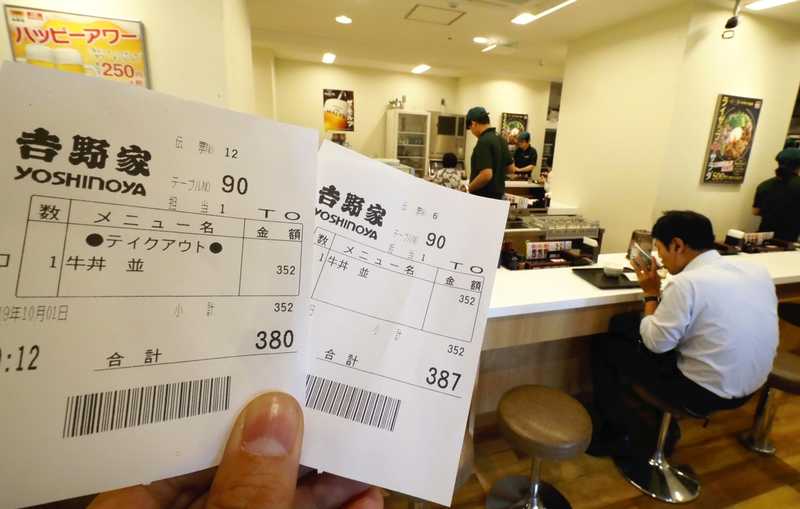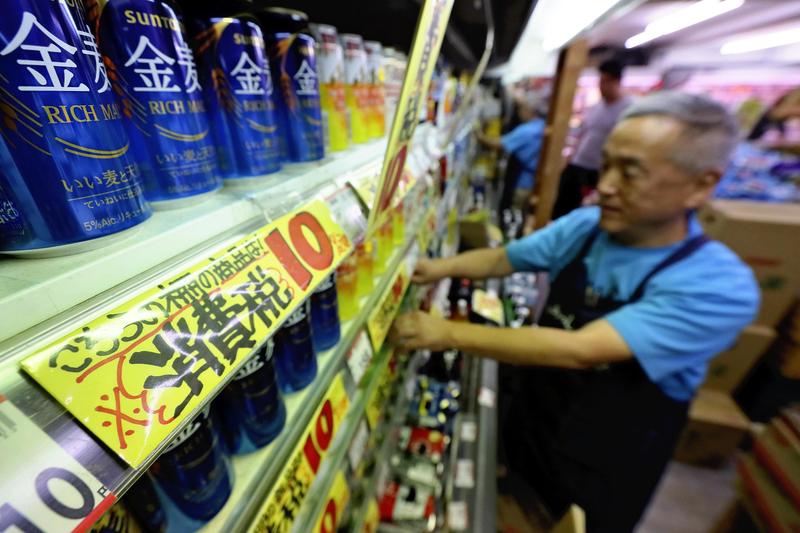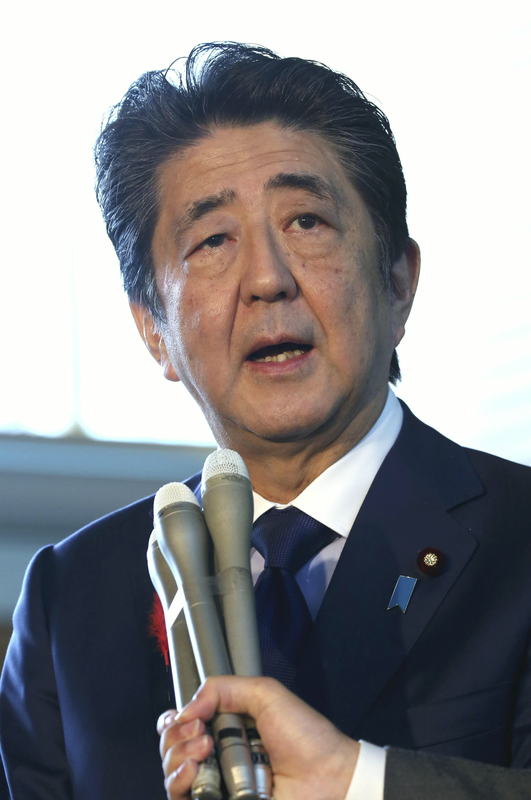
The government raised the consumption tax rate from 8 percent to 10 percent on Tuesday.
The latest tax hike came with the introduction of a reduced rate of 8 percent for food and drinks, excluding alcohol and food that is eaten out, as well as a reward points system for cashless payments. The next challenge is whether these schemes can be implemented without confusion.
The reduced tax rate is designed to ease the tax burden on daily necessities, such as food and beverages, and regular subscriptions to newspapers (excluding electronic versions) issued more than twice a week.

Under the reward points system, points can be redeemed for future purchases if customers pay by credit card or e-money instead of cash. As of Tuesday, this system was available at about 500,000 small and midsize stores.
Restaurant chains were busy changing the prices on menus and modifying cash registers.
McDonald's 24-hour restaurants raised the tax rate at 5 a.m. on Tuesday. Even after the tax hike, the fast food giant standardized the tax-inclusive prices of products consumed on the premises, whose taxes would be raised to 10 percent, and those for take-out products, whose taxes remain at 8 percent.

"It's easy to understand when the prices are the same for take-out and eat-in food," said a 45-year-old male company employee who ordered its breakfast at the Nishi-Shinjuku store.
In contrast, beef bowl chain Yoshinoya Co. charged different tax-inclusive prices depending on whether food was eaten at the restaurant, which involves a 10 percent consumption tax, or taken out, which carries an 8 percent tax.
Prime Minister Shinzo Abe said at the Prime Minister's Office on Tuesday: "We'll closely watch the impact of the consumption tax rate hike. We will implement all possible measures."
Finance Minister Taro Aso emphasized after a Cabinet meeting on Tuesday that the tax rate hike "has an extremely important meaning in terms of securing stable financial resources for social security."
Aso added: "We haven't heard about any major last-minute rush for purchases. If there wasn't such a rush, we assume there will be no proportionate fall in demand."
Read more from The Japan News at https://japannews.yomiuri.co.jp/







